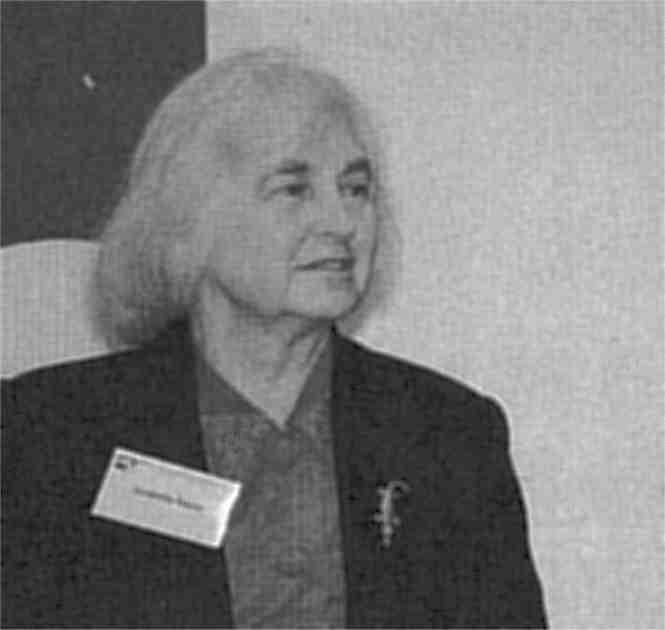


Awards and prizes
Isabella Karle
 I. Karle (Photo WLD)
I. Karle (Photo WLD)
Dr Isabella L. Karle received the Bower Science Award at a symposium held in her honor at the Franklin Institute in Philadelphia on April 8, 1994. The prize included a Benjamin Franklin National Memorial Medal, an embossed citation outlining her accomplishments, and an unrestricted prize of$250,000. The symposium, entitled "Deciphering Molecules, Advancing Health", focused on a new frontier of research - the use of X-ray crystallography to discover new drugs, therapies, and treatments for humanity's most threatening maladies and diseases. The symposium united some of the world's leading crystallographic researchers, many trained and inspired by Karle's contributions to science.
J. Glusker reviewed Isabella's major contributions to the field and new techniques of macromolecular structure determination and analysis were described by D. W. Christianson, W.A. Hendrickson, and F. F. Salemme. Specific application to adenovirus (R. M. Burnett), antibodies (K. D. Hardman), and HIV Protease (I. T. Weber) were described in detail.
Isabella was honored "For pioneering contributions in determining the three-dimensional structure of molecules, making use of both X-ray and electron diffraction; and in particular for her definitive introduction of a procedure (the symbolic addition method) to reveal molecular structure directly from X-ray studies. This inventive work has facilitated studies in chemistry, biology, and medicine by permitting routine and immediate determinations of molecular structures. Utilizing this procedure, she has elucidated the crystal structures of numerous complex organic substances including biologically active compounds. She has thrived in her profession and served as an inspiration to her colleagues and students, with a curiosity and creativity that makes her a kindred spirit of Franklin himself."
The Bower Prize was established by the last living member of the Bower family, who were chemical manufacturers from 1855 to 1969. The Bower Award and Prize for Achievement in Science honors individuals whose work in the life or physical sciences results in a brilliant discovery or whose innovations in a field of science contribute to major advances. Previous winners have been Solomon Snyder (1991) for work in molecular neuroscience and Dennis Burkitt (1992) for identifying the cause of the childhood disease that bears his name.


